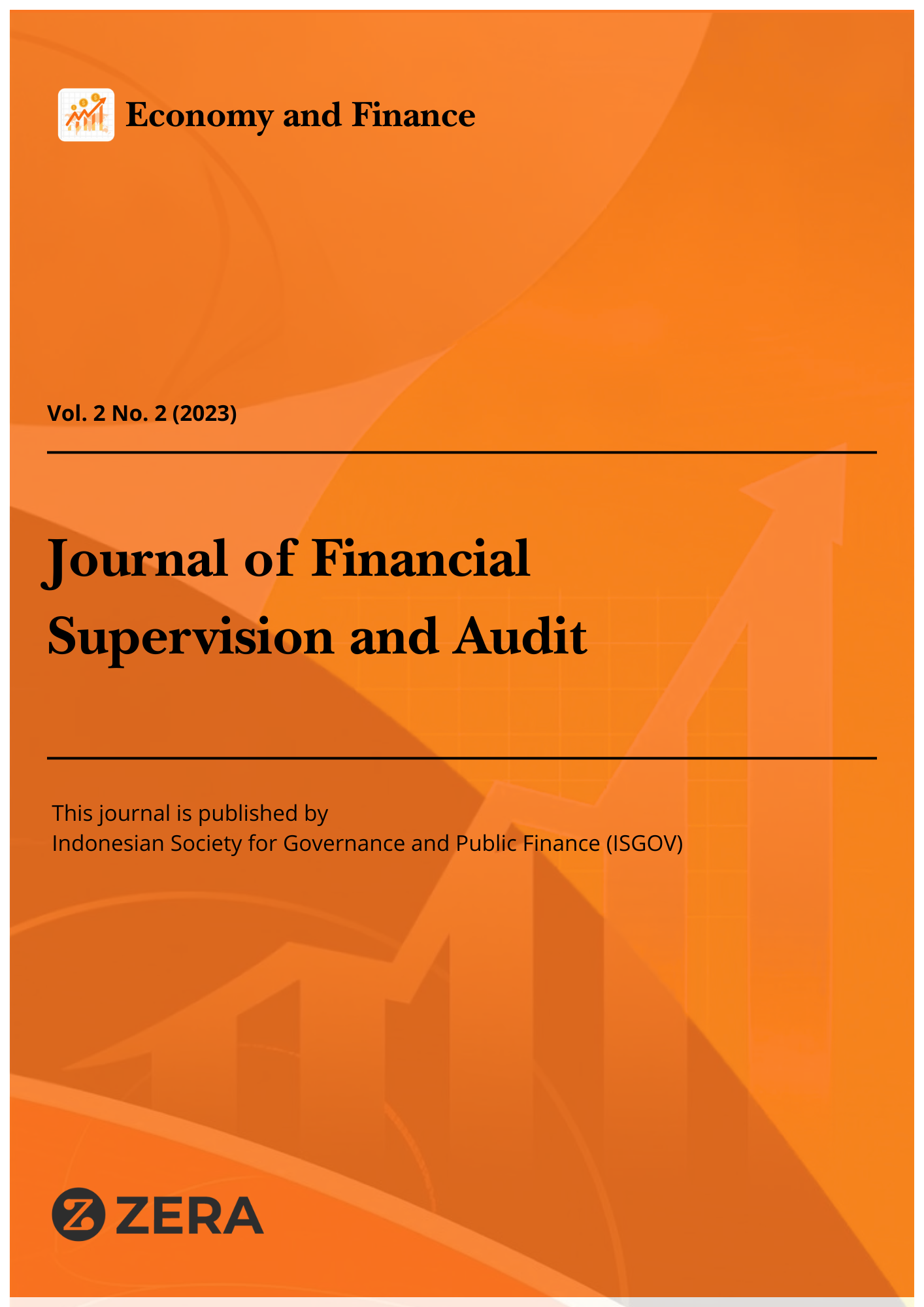Keywords:
Climate adaptation, Farmer welfare, Food security, Sustainable agricultureAbstract
National food security remains a critical aspect of sustainable development, particularly in the face of climate change, land conversion, and dependence on imported food. Sustainable agriculture programs offer a strategy that combines ecological, economic, and social dimensions to maintain long-term food availability while preserving the environment. This study examines the impact of sustainable agriculture programs on national food security by exploring both their contributions and implementation challenges. A qualitative literature review approach is employed, analyzing secondary data from scientific journals and other relevant sources descriptively and analytically. Findings indicate that these programs enhance land productivity, maintain environmental stability, improve farmer welfare, and reduce carbon emissions. However, challenges persist, including limited access to advanced technologies, low farmer capacity, inequitable market structures, and restricted financing opportunities. To maximize benefits, integrated strategies are necessary, such as climate adaptation policies, supply chain reforms, farmer capacity building, promotion of food diversification, and strengthened research initiatives. These measures aim to reinforce the role of sustainable agriculture in achieving national food security.


